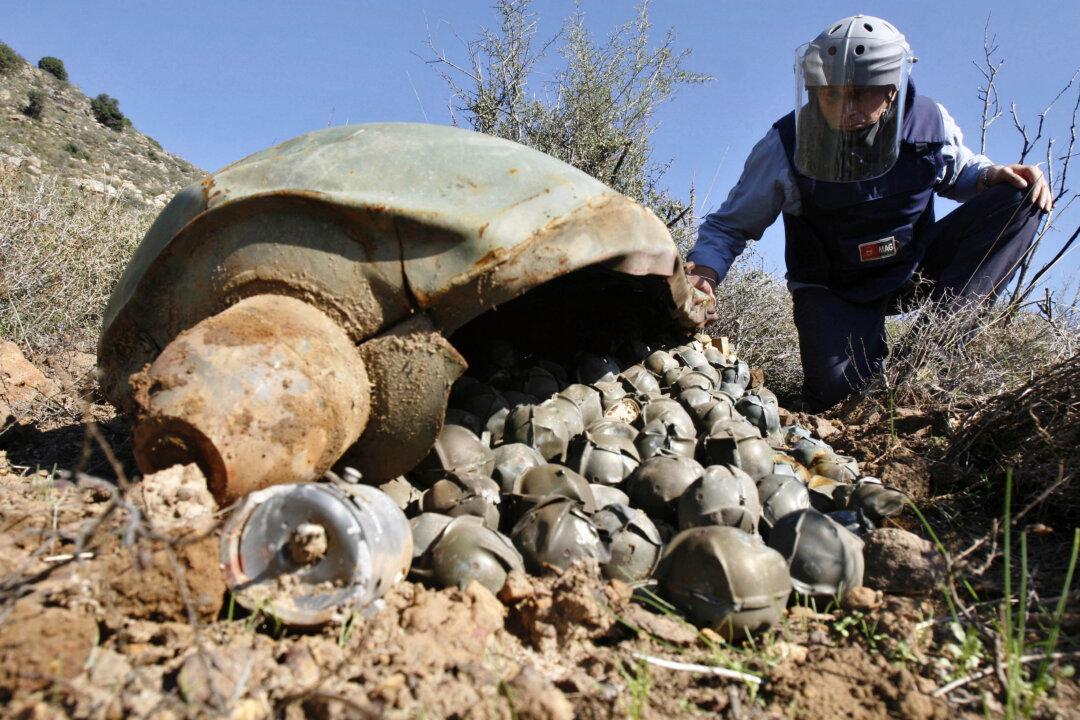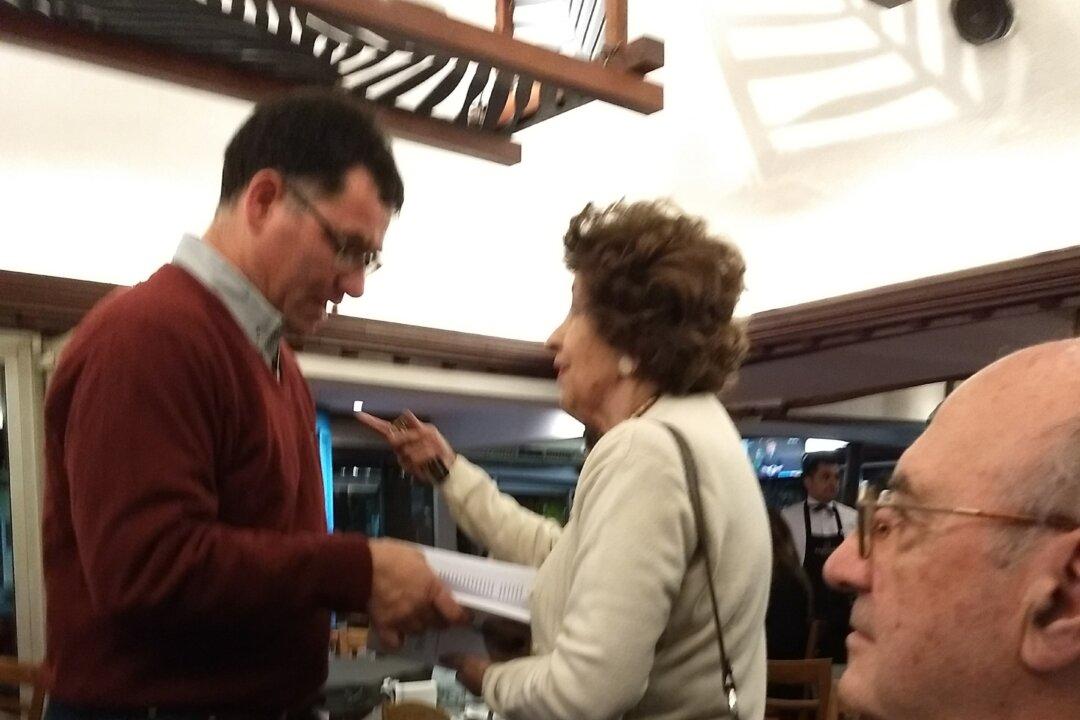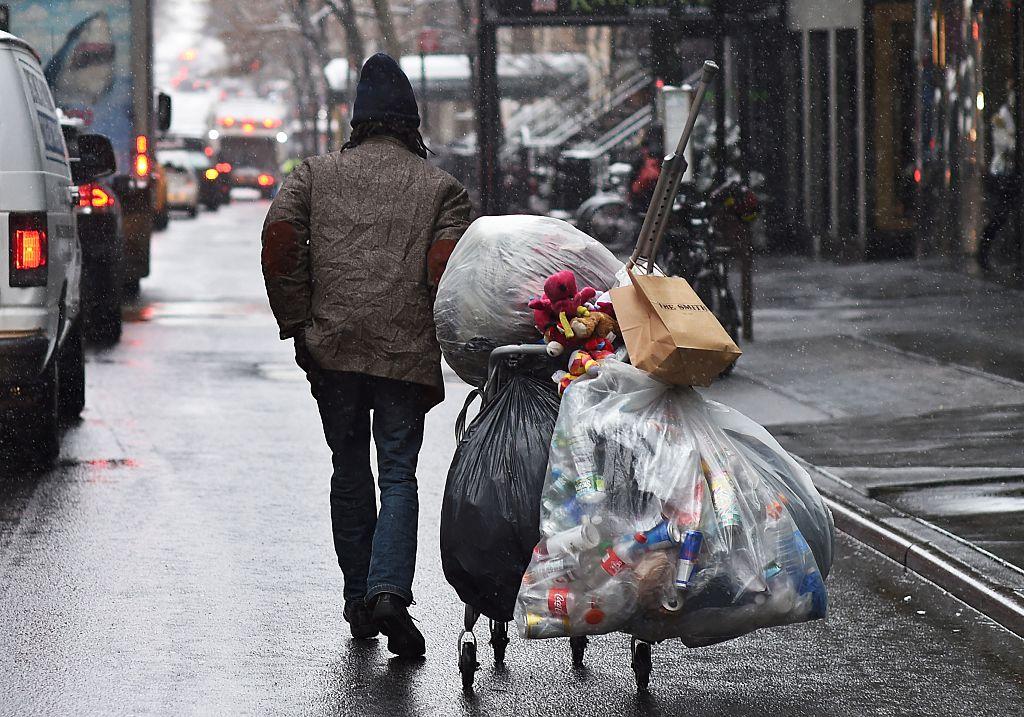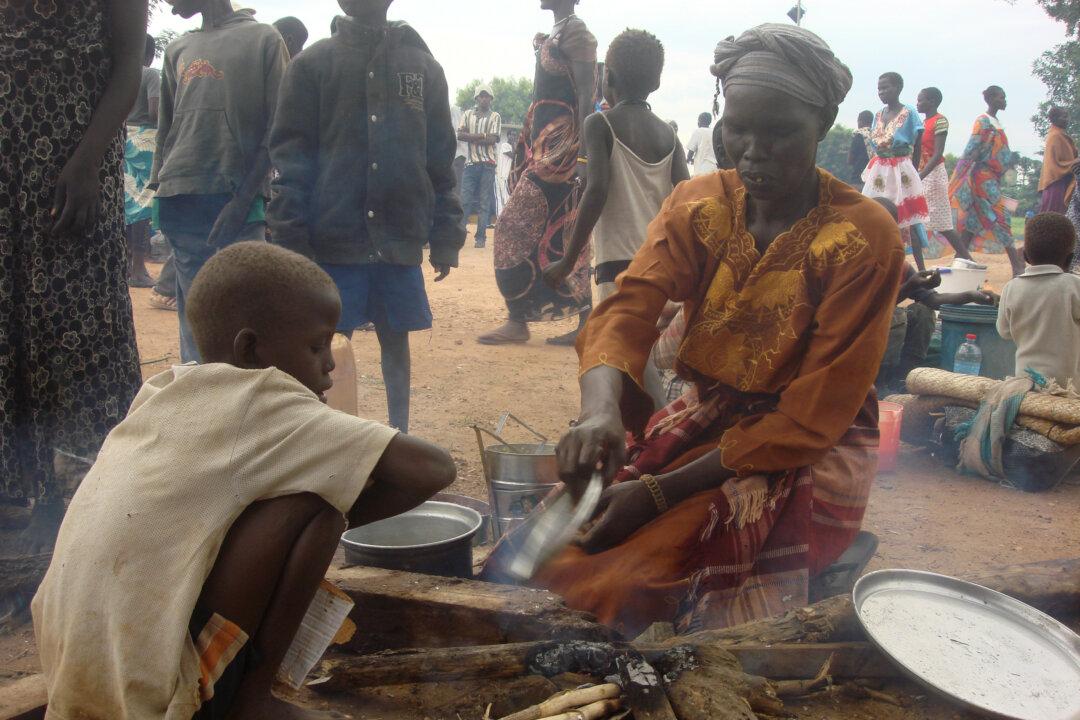The continuous use of cluster bombs—many of them manufactured by the United States—in several conflicts around the world shows a disregard for human rights and tarnishes the image of those countries that make, sell, and use them. Because of the high number of civilians who are frequently their victims—including children who unknowingly pick them up—they should more appropriately be called “Cowards’ bombs.”
Cluster bombs eject explosive bomblets (little bombs) designed to kill personnel and destroy vehicles over a wide area. Unexploded bomblets can continue killing or maiming civilians long after a conflict has ended, and are very costly to find and remove. In Vietnam, for example, approximately 300 people are still killed annually by unexploded ordnance.




